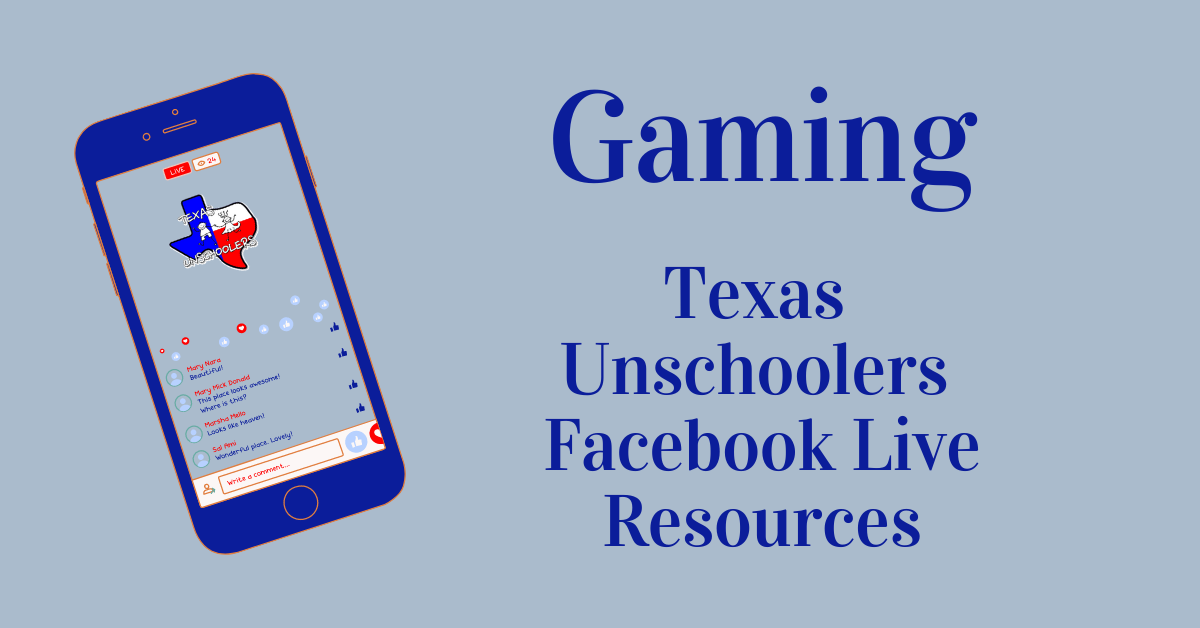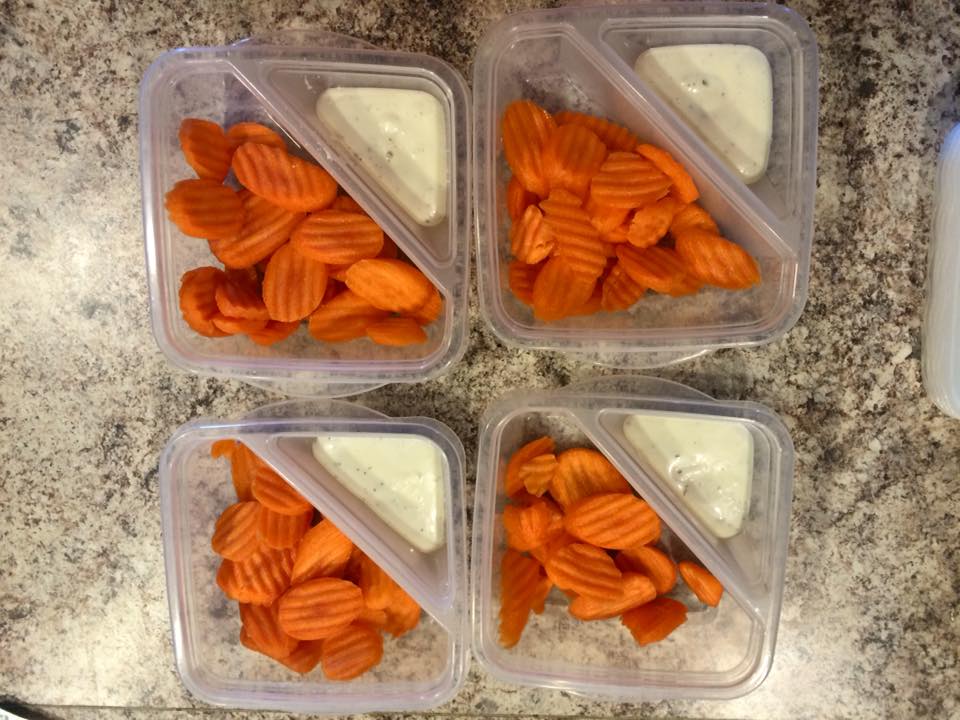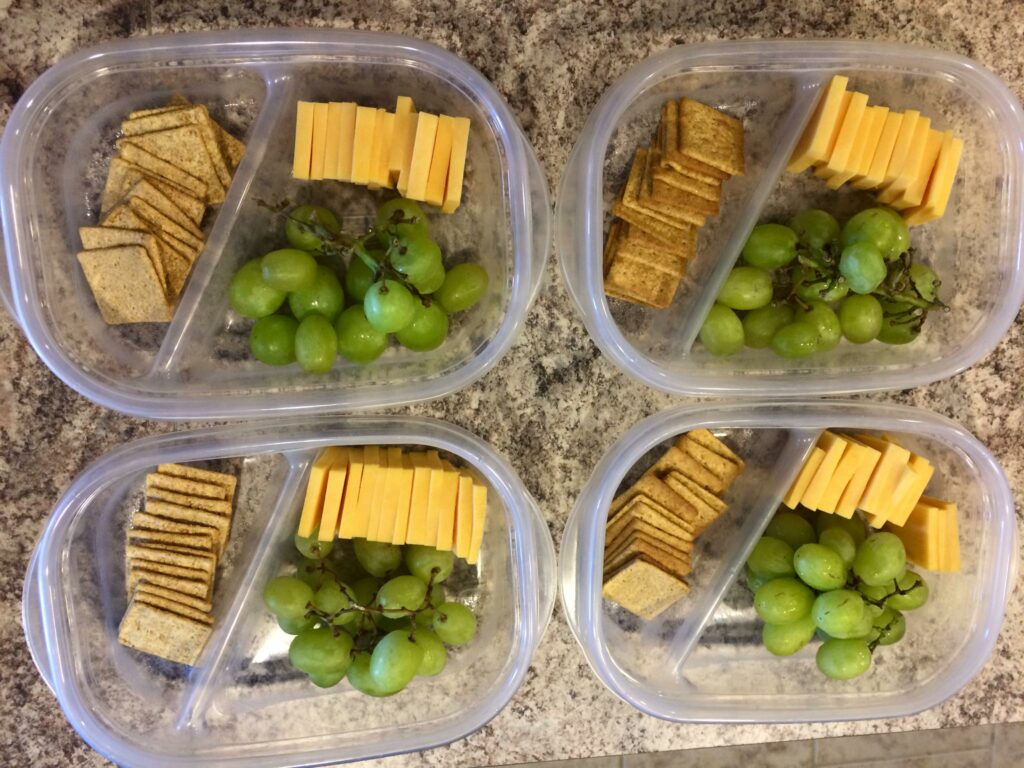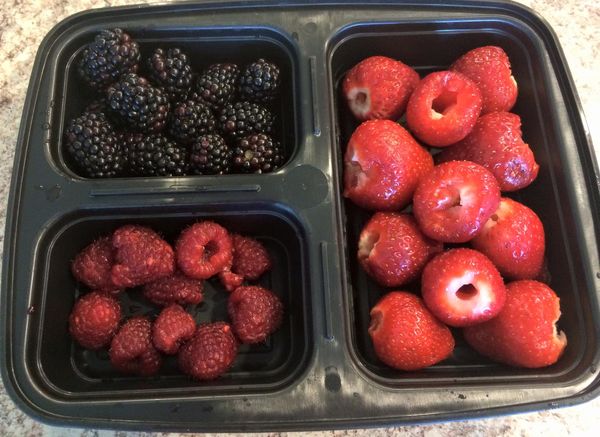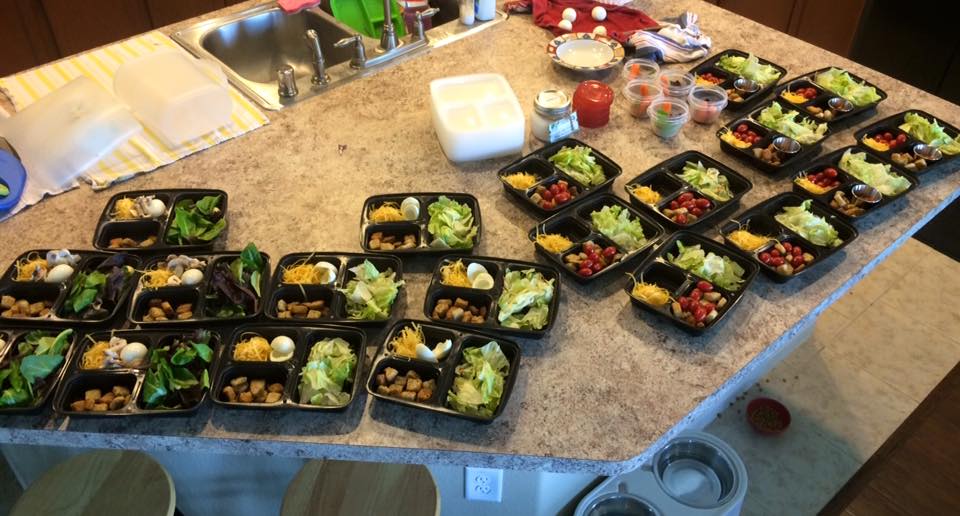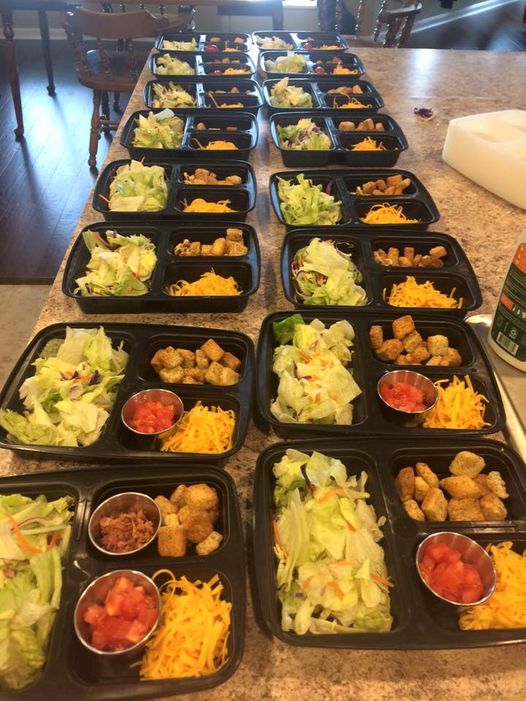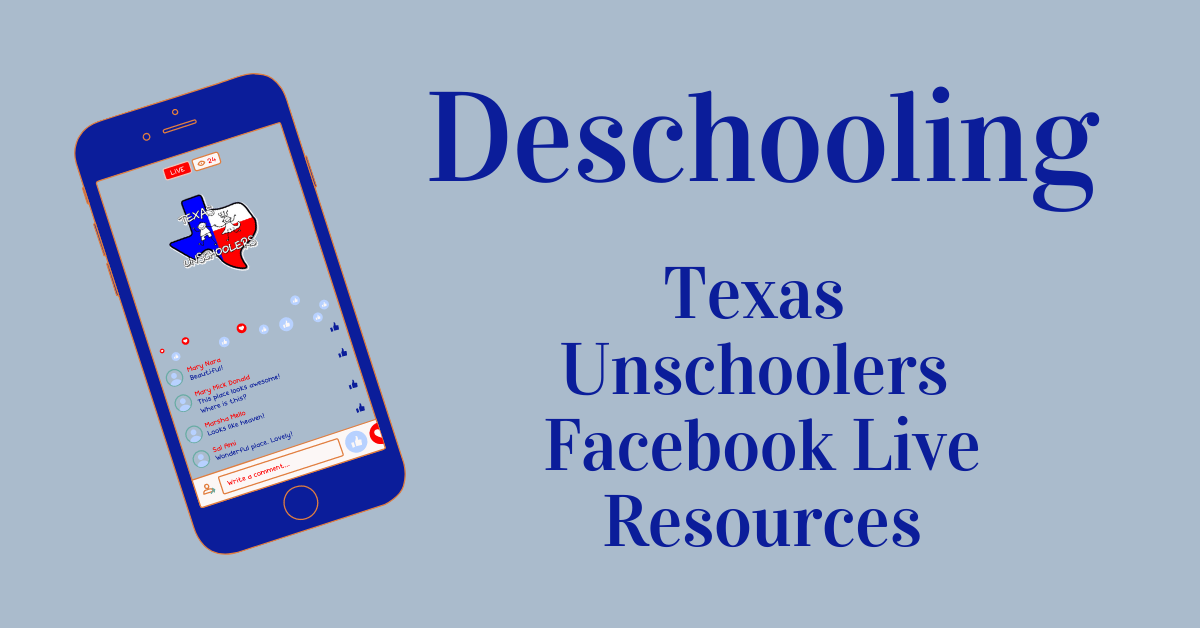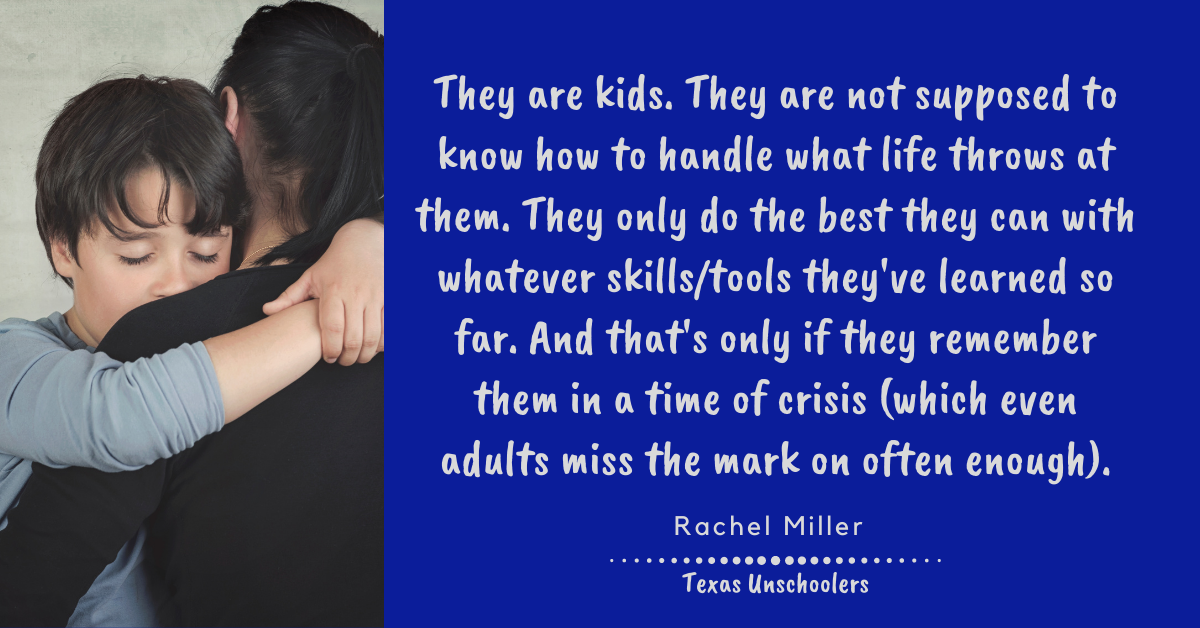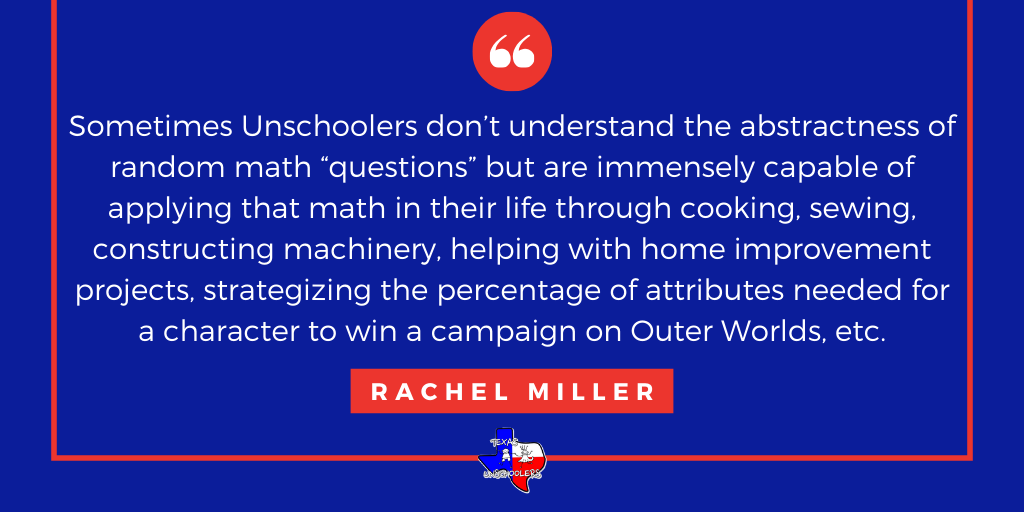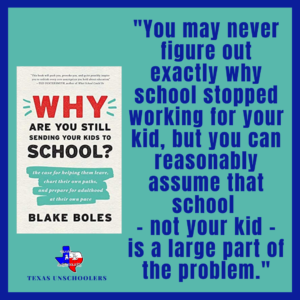Rachel Miller & Shannon Stoltz hosted a Facebook Live in the Texas Unschoolers Group on Monday, November 9th to talk about Gaming. The replay is available to watch in the group. We covered:
- Applying Unschooling principles
- What are they learning?
- How do I support them?
- Gaming with them
- If I can’t game with them
If y’all haven’t “met” us previously, Rachel is the admin & content creator for the Texas Unschoolers Facebook Page, the main moderator in the Texas Unschoolers Group, and a veteran unschooling mom to two teens (17 & 16). Her favorite topics are gaming and respectful parenting.
Shannon is a veteran unschooling mom with four “kids” (23, 21, 18, and 16) and a sometime contributor to Texas Unschoolers – usually on topics related to dyslexia, autism, adhd, and following kids’ diverse interests.
We wanted to provide y’all with quotes & resources we mentioned as well as topics that came up during the Q&A.
We’ve tried our best to credit quotes, thoughts, & ideas to the person/website/source where they originated. Any failure to attribute or attribute correctly is not intentional. We’ve been reading, listening, and participating in the Unschooling community for over a decade – so know that if we personally share something particularly profound, it’s due to the hard work and encouragement of the thousands who have come before us.
Applying Unschooling Principles
Rachel’s analogy of Online Driver’s Ed.
Read a little, Try a little, Wait a while, Watch.
Sandra Dodd
Read a little…
My suggestion to you is to focus on making a “better” choice each time you can. I think that was the most helpful advice I got as a parent of younger kids—it was surprisingly practical and encouraging to simply consider at least two choices and pick the better one. The next time, try to think of the one you did choose and then one other—pick the better one. If you make a choice you’re unhappy with, after the fact, think then about what would have been a better choice—have that one “on hand” for next time.
Pam Sorooshian
Don’t expect to be perfect, but expect yourself to be improving all the time.
Making the better choice
Joyce Fetteroll has a good page examining the nuances of differentiating arbitrary and reasonable limits called Setting limits and saying no.
Inventing Ourselves: The Secret Life of the Teenage Brain by Sarah-Jayne Blakemore.
What are they learning?
Game developers know better than anyone else how to inspire extreme effort and reward hard work. They know how to facilitate cooperation and collaboration at previously unimaginable scales. And they are continuously innovating new ways to motivate players to stick with harder challenges, for longer, and in much bigger groups. These crucial twenty-first-century skills can help all of us find new ways to make a deep and lasting impact on the world around us.
Jane McGonigal
Reality is Broken
We also mention watching the numerous videos on YouTube that feature McGonigal, this one is definitely a favorite:
We reference Peter Gray’s article: The Many Benefits, for Kids, of Playing Video Games.
How do I support them?
We mention Monkey Platters.
Some pictures of Rachel’s family’s salad & snacks:


